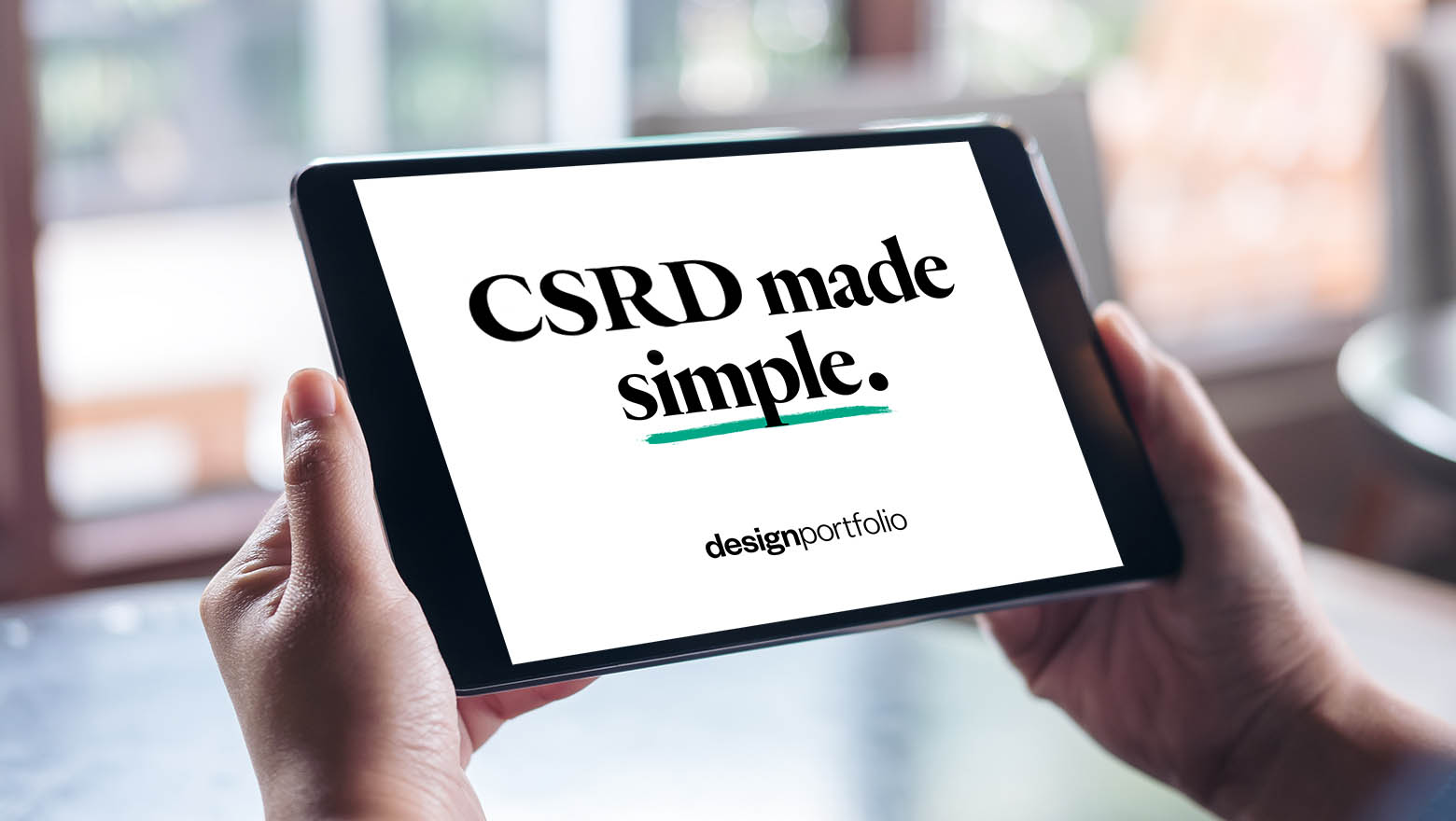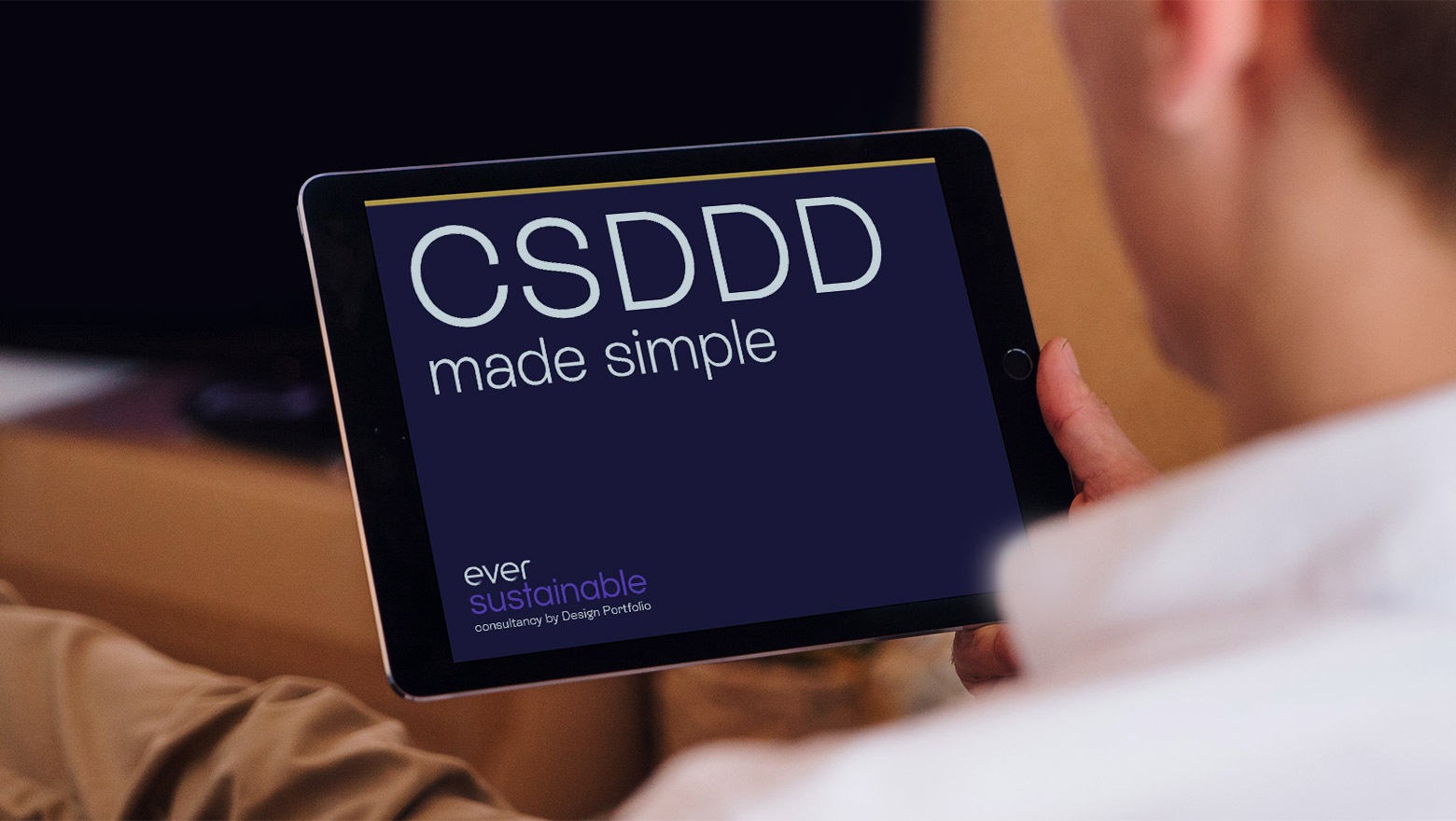
While speculation can make businesses nervous, it is important to not lose sight of the central goal of sustainability disclosure frameworks: to provide the structure companies can follow in order to effectively manage and implement their own sustainability strategies, driving change and creating value while transparently and comparably reporting on their progress.
Stay informed with regulations, insights & events by joining our mailer
The EU Omnibus package is a proposal that is looking to streamline the current sustainability reporting requirements of the EU's flagship Green Deal policies from CSRD, CSDDD and the EU Taxonomy.
One of the primary drivers for change put forward by those that support simplification is that the current requirements are overly burdensome and something needs to be done to make reporting requirements more streamlined and administratively manageable. There has been increasing speculation about the proposed changes through the Omnibus package. If rumours are to be believed, the Omnibus could be moving towards a substantial dilution of CSRD, CSDDD and the EU Taxonomy.
Key speculative changes
The key speculative changes to CSRD in particular include:
- No more double materiality – a shift towards single materiality (financial) only to better align with other frameworks like the ISSB’s IFRS S1 and S2.
- Coupling with CSDDD – the threshold of companies exposed to CSRD is to be brought up to the same level as CSDDD. This has been reported to reduce the number of companies exposed by 85%.
Push back against weakening disclosure standards
Some members of the corporate world have pushed back. Eleven large organisations, including companies such as Unilever, Mars and Nestlé, have signed an open letter to ask the EU not to weaken existing reporting standards. Corporate sustainability disclosure is essential to enabling investors to move capital towards companies and projects that are sustainable, and also helps with managing investors’ own sustainability-related risks.
A position paper, published on 17 February from the German Government’s Sustainable Finance Committee, pushed for an approach that focused on smart regulation as opposed to deregulation to finance the green transition. The paper stresses the importance of making requirements more transparent, coherent, efficient and practical, while maintaining the key elements of CSRD that are its key strength, like double materiality. GRI has also issued a letter that urges the EU to maintain the double materiality principle in order to strengthen Europe’s competitiveness and provide investors and stakeholders with decision-useful data to drive investment towards future-fit business.
The bigger picture: why corporate sustainability disclosure still matters
While speculation can make businesses nervous, it is important not to lose sight of the central goal of sustainability disclosure frameworks: to provide the structure companies can follow in order to effectively manage and implement their own sustainability strategies, driving change and creating value while transparently and comparably reporting on their progress.
Momentum must be maintained, regardless of policy changes
No matter the outcome of the Omnibus discussions, the direction of travel will and must still be towards a more sustainable and equitable future across the board. Corporate sustainability plays an important role in the achievement of policy goals like the EU Green Deal, and momentum must be maintained, regardless of the changes that might occur over the next few months. At Ever we work on CSRD readiness including double materiality, reporting readiness and gap analysis, and internal strategy development and stakeholder engagement. So with changes afoot, we are keeping our ears to the ground, in order to best advise and support our clients on the CSRD journey.
Many companies have already invested in preparing for CSRD alone. Existing progress is not lost, and strategies must still develop in a way that is purposeful and value creating for your organisation and your stakeholders.
Let’s talk CSRD: next steps, speculation and strategic wins
Get in touch if you want to talk CSRD, next steps, speculation and strategic wins.
Ever Newsletter
Sign up to the Ever Spotlight newsletter and to keep up to date on our upcoming events and insights by entering your details below.
Photo by Christian Lue on Unsplash



